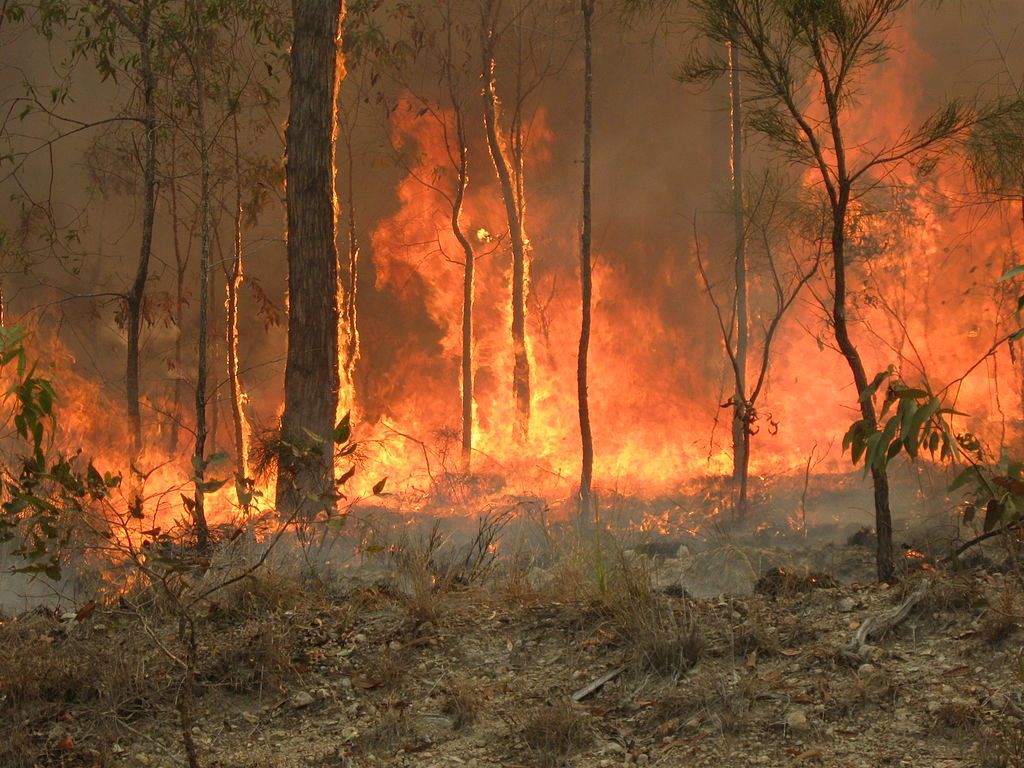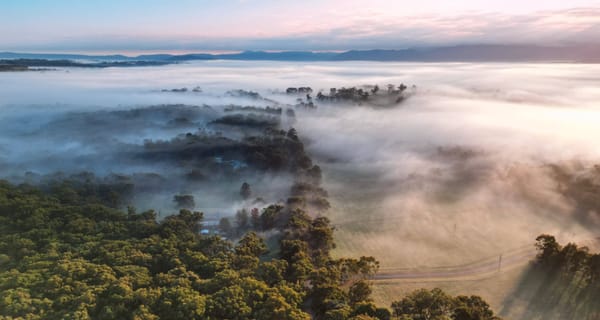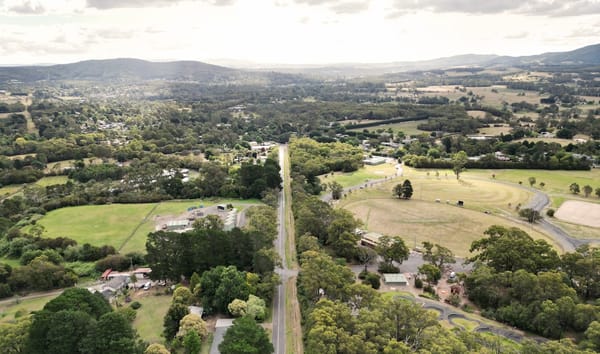Recover
This post is my early explorations of Australian Bushfire Recovery with Conservation Volunteers Australia. We are coordinating a nationwide environmental volunteering response for bushfire recovery.

This post is my early explorations of Australian Bushfire Recovery.
My current team, Conservation Volunteers Australia, have just been appointed to coordinate an environmental volunteering response for the Australian bushfire crisis.
My role is to lead the tech and communications side of our response, which obviously very quickly becomes about understanding and contributing to shaping how we do stakeholder engagement and mobilisation.
This is not my first rodeo thankfully. I've played a range of roles is disaster response before, after the Christchurch earthquake as well as for the Rena Oil Spill in NZ. So thankfully I'm not floundering.
We already have the basic infrastructure in place:
- a way to register interest in recovery volunteering
- a way to request help from environmental volunteers
- a way to communicate information as the situation unfolds in the coming weeks
Yet I'm also starting to think of all the different possible engagement models for the environmental recovery, and consider which are the most likely and could be stood up quickly. As I see it, there's some common models of enabling the efficient matching of volunteers and projects:
- Profile building & 'triage matching' (much like many Volunteer Centres)
- Bulletin board / Job description (such as Seek Volunteering)
- Marketplace - (perhaps a bit like Linkedin Jobs)
- Search & Browse (such as through Maps / Categories)
- Skills Register (kind of a more sophisticated automated version of several mashed together)
My general line of thinking at the moment is that we need to build trust and engagement as an absolute priority. We need to be informative, useful and timely, otherwise why would people keep tuned to us? But we also need to recognise this is a long haul. We need to be able to keep people engaged for months and years to this effort, not just through the next news cycle.
So my main questions right now are:
How can we best support people to feel engaged with the stories and actions of recovery?
How can we best let local recovery partners define to solutions(s) we provide for the people who have volunteered?
How can we best provide feedback loops to help the community of volunteers and project holders see what we collectively achieve?
Any thoughts welcome - hit me up with the live chat or on twitter @sam__rye.
Cover image licensed under creative commons from 80 trading 24





